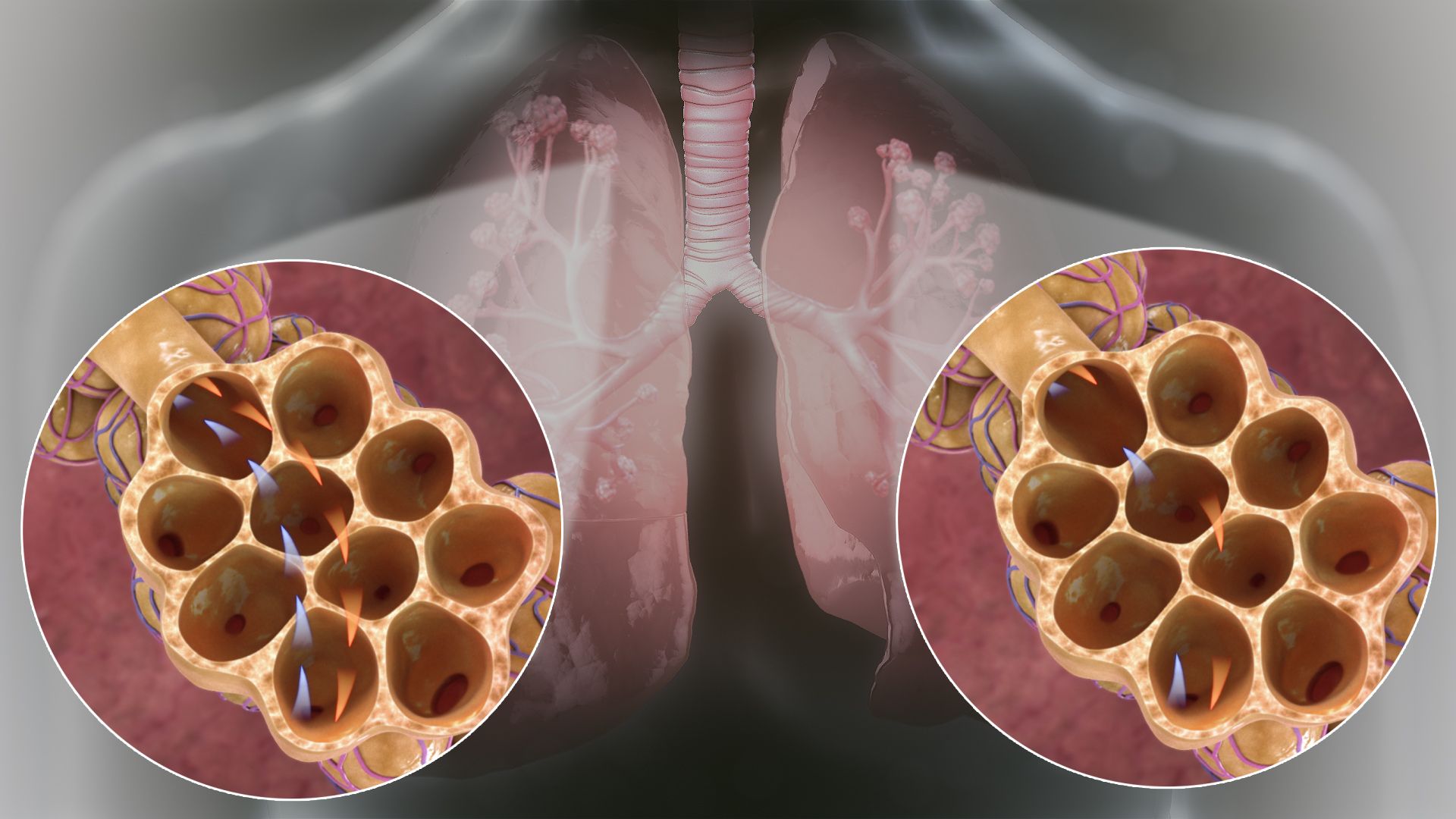Asthma: What You Need to Know
Asthma is a chronic respiratory ailment that affects millions of people worldwide. It is a condition that makes breathing difficult and can be life-threatening if not properly managed. Do you or someone you know have asthma? If so, it’s important to understand this condition and how to manage it. In this post, I’ll provide you with the essential information you need to know about asthma.

What is Asthma?
Asthma is a chronic lung disease that affects the airways that carry air in and out of the lungs. Individuals with asthma have sensitive airways that become inflamed and narrow, making it hard to breathe. Asthma symptoms can range from mild to severe and may include wheezing, coughing (especially at night or early in the morning), chest tightness, and shortness of breath.
Who Gets Asthma?
Asthma can affect anyone, but it’s most commonly diagnosed in childhood. According to the World Health Organization, asthma affects over 300 million people worldwide, and the number is increasing every year. Asthma can run in families, and certain environmental factors, such as pollution, tobacco smoke, and allergens, can also trigger asthma symptoms.
How is Asthma Diagnosed?
If you think you may have asthma, it’s important to see a doctor for a diagnosis. Your doctor will likely perform a breathing test called spirometry, which measures how much air you can exhale in one breath. They may also perform a physical exam and ask about your symptoms and medical history.
How is Asthma Treated?
While there is currently no cure for asthma, there are several effective treatments available that can help manage the symptoms and prevent asthma attacks. The most common treatments for asthma include:
- Inhalers: Inhalers are the most common and effective way to deliver medication directly to the lungs. There are two types of inhalers: quick-relief inhalers and long-term control inhalers.
- Oral medications: Oral medications, such as leukotriene modifiers and theophylline, can also help manage the symptoms of asthma.
- Allergy shots: Allergy shots, also known as immunotherapy, can help reduce the severity of allergy symptoms and may help reduce the risk of asthma attacks.
- Lifestyle changes: Lifestyle changes, such as avoiding triggers and maintaining a healthy weight, can also help manage the symptoms of asthma.
What Can Trigger Asthma Symptoms?
Asthma symptoms can be triggered by a variety of factors, including:
- Allergens, such as dust mites, pollen, and animal dander
- Irritants, such as cigarette smoke, air pollution, and strong odors
- Exercise
- Respiratory infections, such as the common cold or flu
- Emotional stress
Can Asthma be Prevented?
There is no sure way to prevent asthma, but there are steps you can take to reduce your chance of developing it. Avoiding smoking and exposure to secondhand smoke, reducing exposure to air pollution, and maintaining a healthy weight are all important steps you can take to decrease your risk of developing asthma.
How Can You Manage Your Asthma?
Managing your asthma involves taking your medications as prescribed by your doctor, identifying and avoiding your triggers, and monitoring your symptoms. Keeping a journal of your symptoms can help you and your doctor better understands your asthma and make any necessary adjustments to your treatment plan.
What Should You Do in an Asthma Emergency?
In some cases, asthma symptoms can become severe and require emergency medical attention. If you are experiencing severe asthma symptoms such as difficulty breathing, chest pain, or bluish lips or face, seek emergency medical attention immediately.
What is the Outlook for People with Asthma?
With proper treatment and management, most people with asthma can lead normal, active lives. It’s necessary to work closely with your doctor to develop an asthma management plan that works for you.






